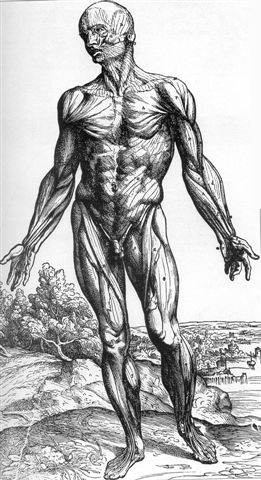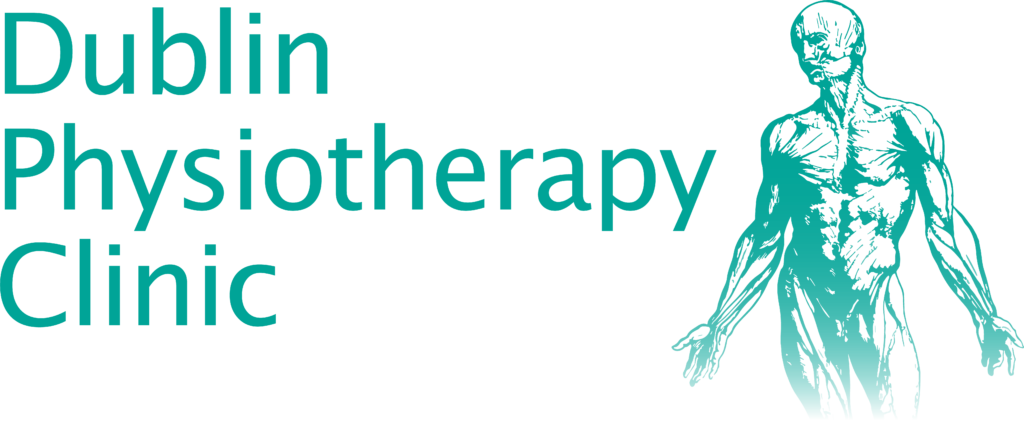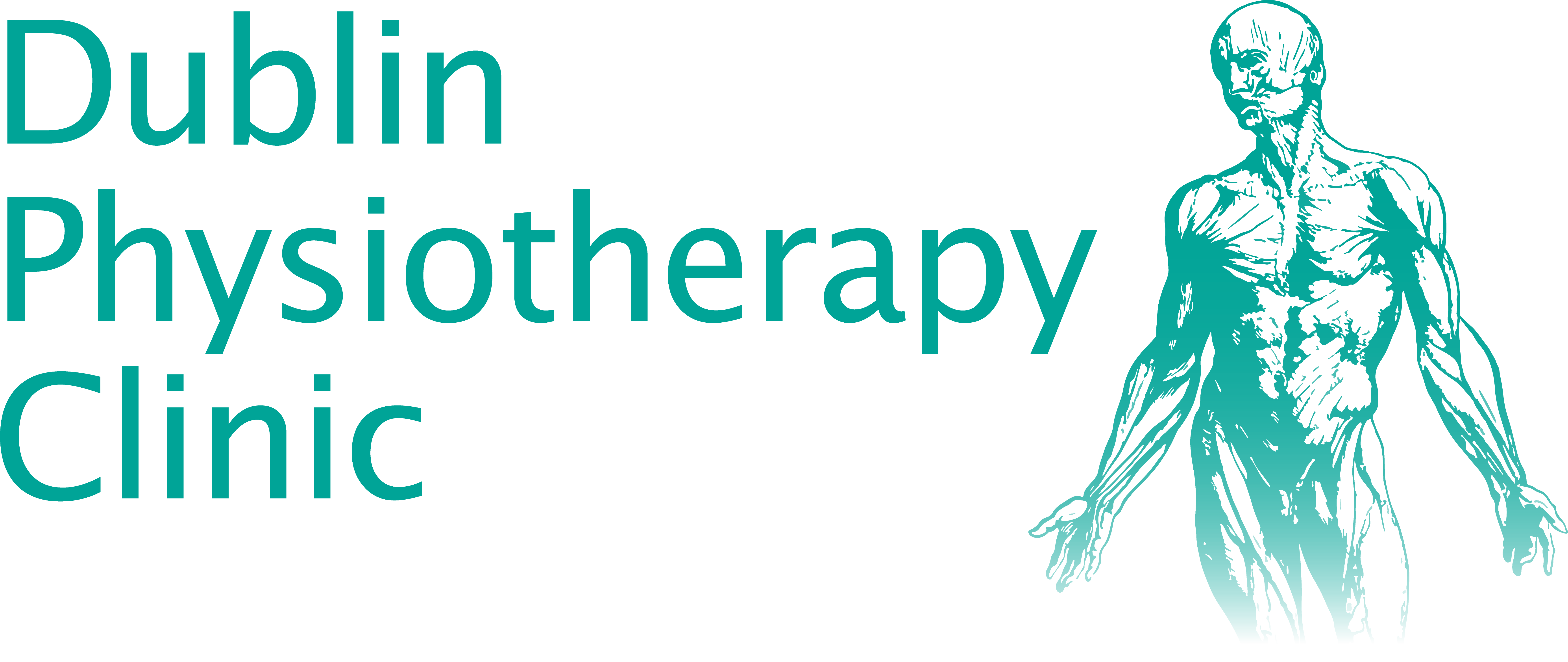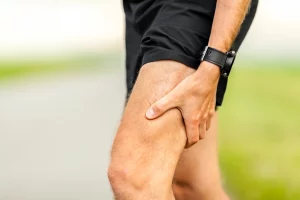
Occupational therapy and the therapeutic effects of exercise have been widely advocated over many centuries largely on the basis of empirical evidence. Whilst there has been some variation in the methods of application (largely based on historical and cultural differences) there is now a growing body of evidence to substantiate the use of therapeutic exercise across a spectrum of medical conditions (ACSM 1997).
There is also increasing interest in the prophylactic role of therapeutic exercise (Clyne 1995).
The constraints of evidence based medicine dictate that intervention should only be undertaken on the basis of proven efficacy. Therapeutic exercise has been shown to have a possible role in a number of conditions including the following:
- Osteoporosis
- Fibromyalgia
- Chronic Pain
- Low Back Pain
- Musculoskeletal Pain
- Cardiac Rehabilitation,
- Pulmonary Rehabilitation
- Chronic Fatigue Syndrome.
Occupational Therapy
Disciplines which have been predominately passive in nature i.e. manipulative therapy have been forced to reconsider there efficacy and incorporate more dynamic patient management strategies (Waddell 1998).
This has been driven not only by the requirement for evidence-based medicine but also to create patient management strategies which are patient-focused and minimize demands upon the health care providers rather than creating a patient dependence as is the case with passive procedures (Koes 1991).
The physiological effects of exercise impinge upon many physiological systems including;
- Cardiovascular
- Respiratory
- Neuroendocrine
- Musculoskeletal.
The focus of this course is largely related to the musculoskeletal system.
The interaction of physiological and psychological components must also be acknowledged at this stage. The historical medical model (based on Cartesian Philosophy of separation of mind and body) is no longer valid as it has become increasingly clear that these are intimately interrelated components.
Thus some of the benefits induced by physical means have much greater ramifications for the individual as a whole, in terms of improved self-esteem, confidence, self worth, motivation and empowerment. Part of this course will focus on the use of group dynamics to achieve some of these objectives.
A chartered physiotherapist is professionally trained and qualified to assist you with any aspect of occupational therapy and therapeutic exercise.




